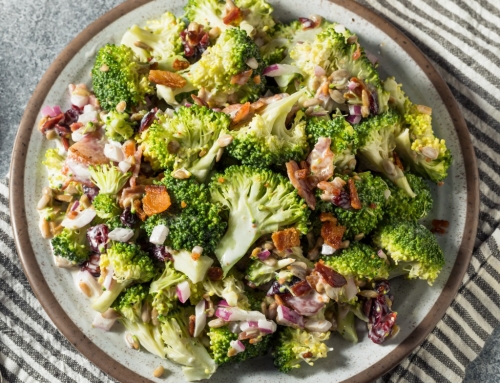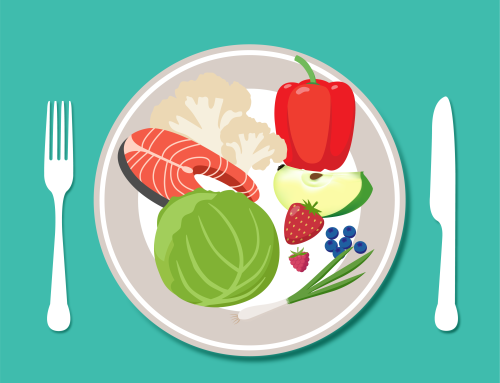After you receive a transplant, it is possible that many of the diet restrictions you had during dialysis will disappear. This however, doesn’t mean that proper nutrition is any less important. Also, if you have other conditions like hypertension and diabetes, you will need to continue following those diet restrictions.
Taking immunosuppressants and anti-rejection medications. (1)
To keep your new organ healthy, you will need to take an immunosuppressant drug. Just like the name sounds it suppresses your body’s immune system response to your new organ. Even with careful matching your body won’t recognize the new kidney as its own and will raise your defenses to get rid of it.
The side effects of the medications vary depending on what you are taking. Work with your medical team and dietician to manage the impact they have on you.
In general, some of the drugs can cause side effects such as weight gain, fluid retention, raise blood pressure and cause increased appetite. (2)
Commonly prescribed medications:
- Tacrolimus (prograf)
- Cyclosporine (Neoral, Gengraf)
- Mycophenolate mofetil (Cellcept)
- Mycophenolat acid (Myfortic)
- Sirolimus (Rapamune)
- Steroid (Prednisone) (1)
Example of possible side effects are:
- Steroids like Prednisone can change the body’s ability to use sugar and can cause blood sugars to rise, and in some patients cause fluid retention.
- Cyclosporine medications can cause magnesium levels to drop.
- Other commonly prescribed medications can lower or increase your potassium levels.
What are the main differences from pre to post transplant?
While recovering from surgery, protein will become more important as will total calories. Additional protein will help aid in the healing process and should come from sources such as lean meats, beans and soy products.
Unless you are retaining water, your fluid restrictions are gone. It is important to drink plenty of fluids to support your new kidney. Also, unless instructed differently, you can resume eating foods high in calcium and phosphorus such as dairy and whole grains. The same goes for potassium rich foods such as oranges can be added back into your diet.
Since you are taking immunosuppressants, you will have more of a risk of food-borne infections so avoid raw or undercooked meats or eggs, unpasteurized dairy or raw milk and take extra precautions when handling your food. You will also need to limit herbal medicines and supplements because they could potentially interact with your medications. Many supplements aren’t regulated the same way as prescription medication and this means that your medical team won’t know how they will work with your immunosuppressant.
Maintaining a healthy blood sugar becomes more important, especially if you are taking a steroid based drug.
Items to avoid
- Raw sushi
- Limit buffets and salad bars
- Grapefruit and star fruit or grapefruit juice (interacts with medications)
- Uncooked cookie dough
- Bean sprouts
- Undercooked meats
What is the same as your renal diet?
Certain restrictions remain the same. You should maintain a low sodium diet. Stick to a heart healthy diet including healthy fats to give your new kidney the best chance of survival. Continue to limit grapefruit not for potassium, but because it has been known to increase the immunosuppressive level. (3) Continue to limit your alcohol consumption as it will add extra calories.
Weight gain is common in transplant patients, because of the lack of as many food restrictions, increased appetite and the interaction of medications. It is important that you talk with your medical team to discuss whether this is an issue for you or not. To reduce the amount of weight you gain, avoid high fat and high sugar foods. Also as long as your doctor agrees, you can use exercise to maintain a healthy weight.
It is important to remember that a kidney transplant is not permanent, especially in younger patients. However, following a healthy diet after transplant can help make the organ last longer and improve the quality of your life.
- After Your Kidney Transplant. The Renal Network, Inc. http://www.therenalnetwork.org/services/resources/TransplantBooklet.03.2010.pdf
- Mayo Clinic Staff. Prednisone and Other Corticosteroids: Balance the Risks and Benefits. Mayo Clinic. www.mayoclinic.com/health/steriods/HQ01431
- Zertasky K. Consumer Health. Mayo Clinic. www.mayoclinic.com/health/food-and-nutrition/AN00413



